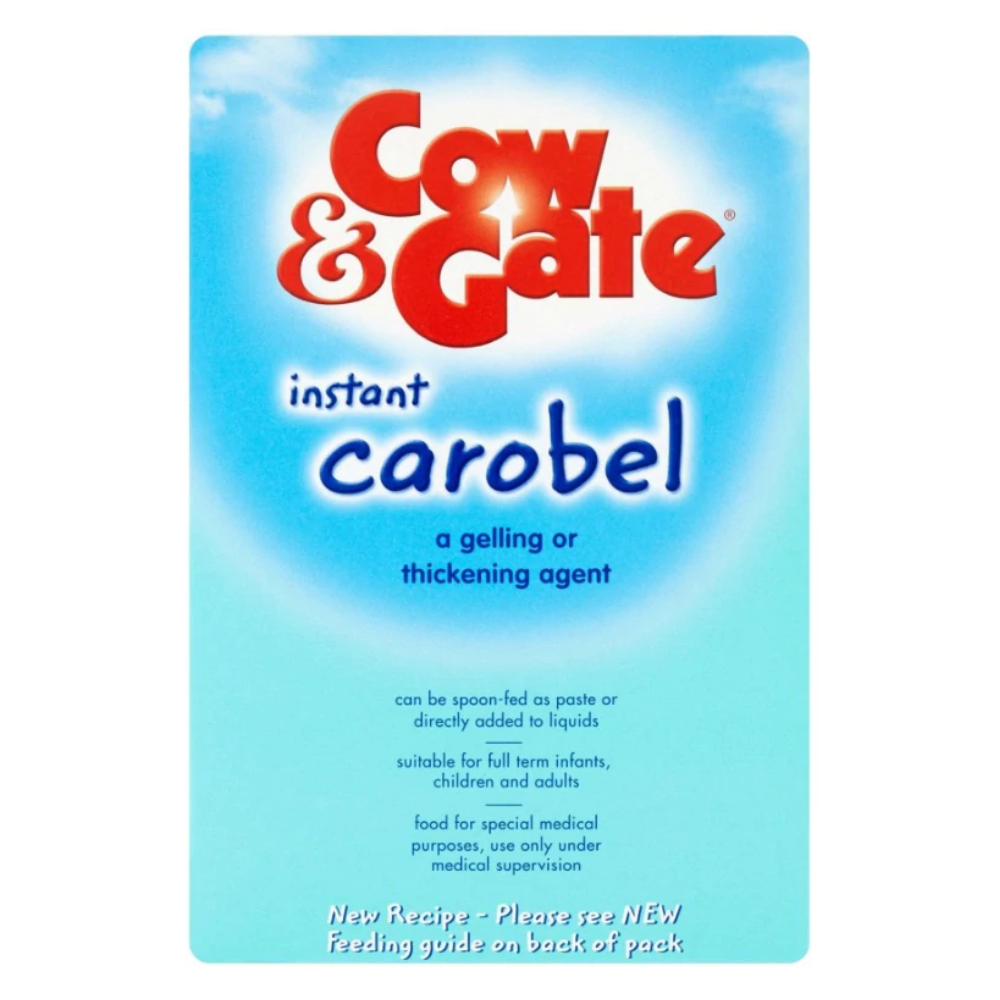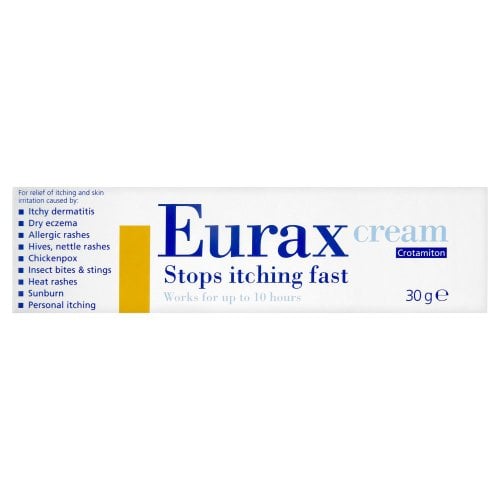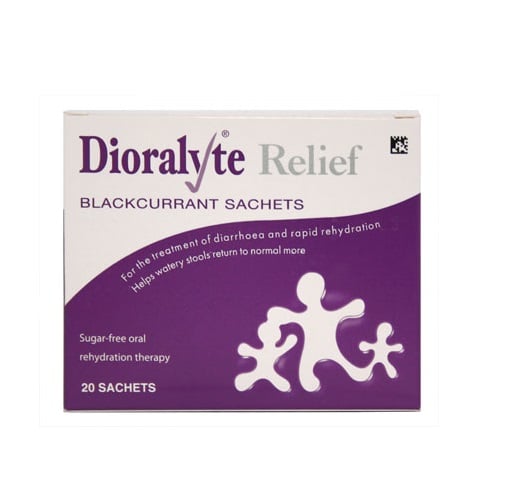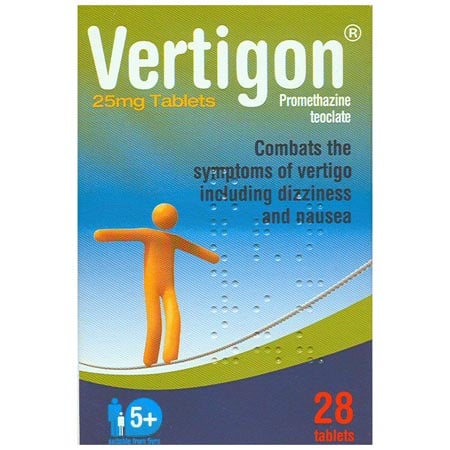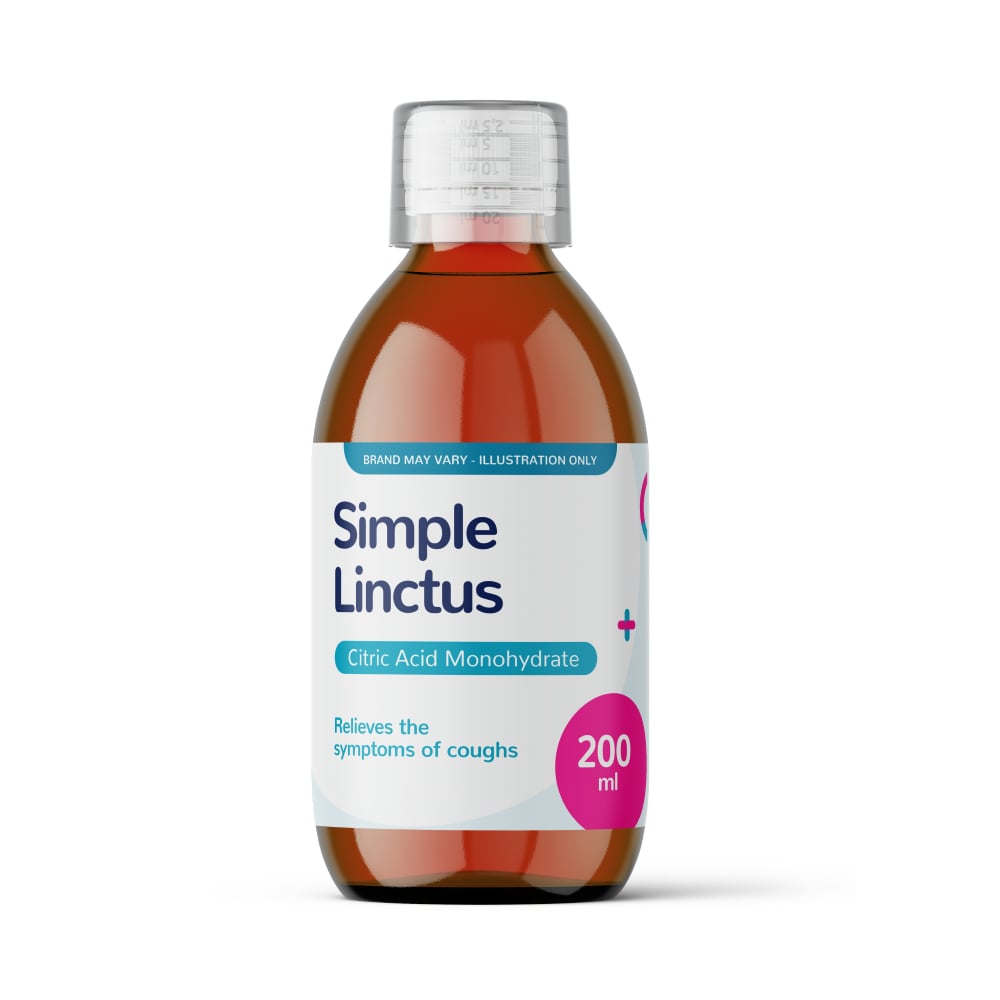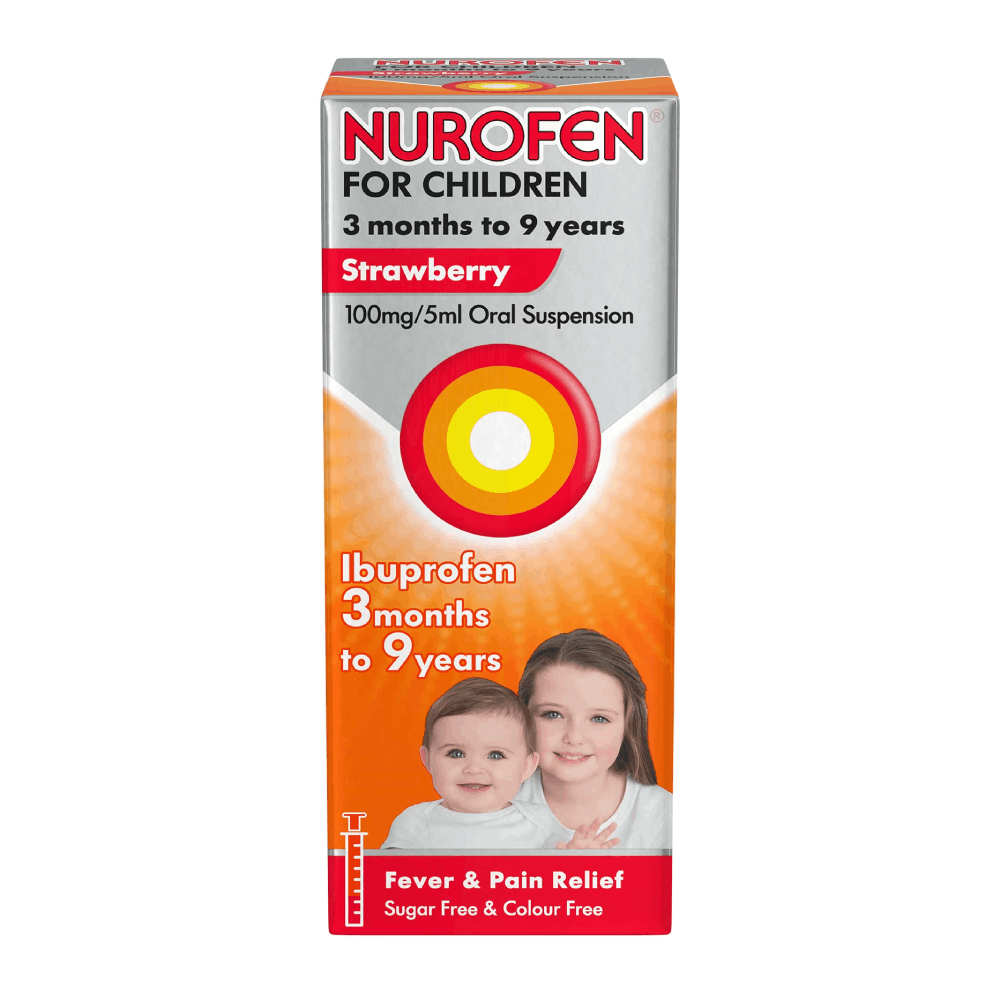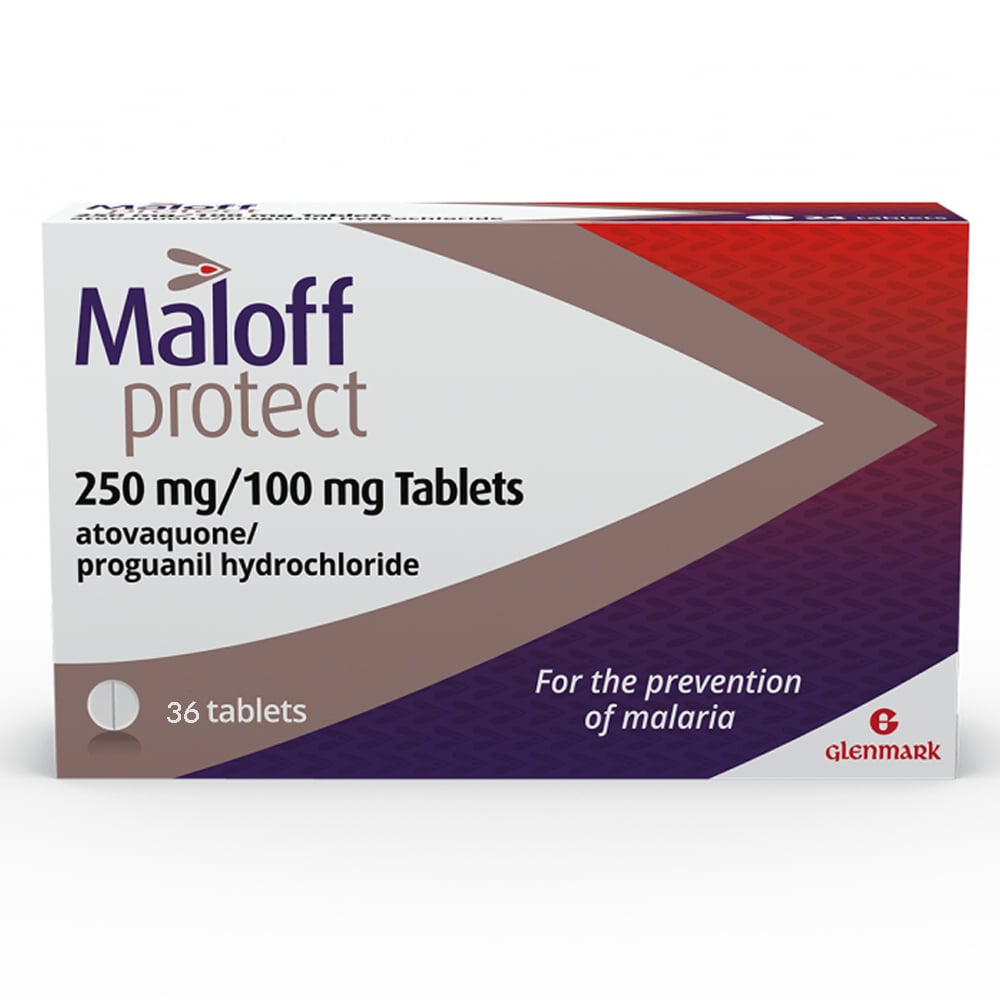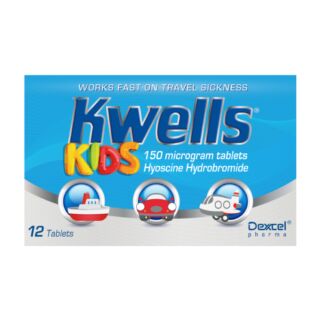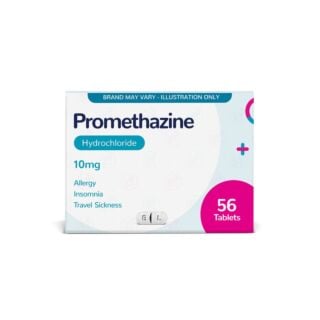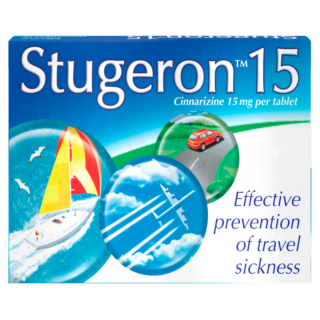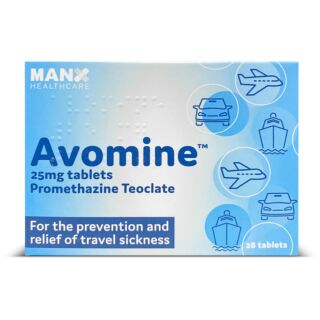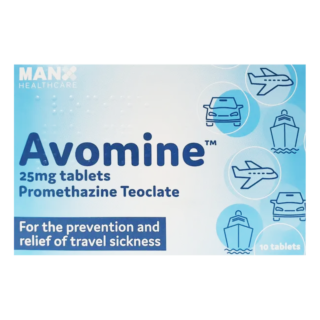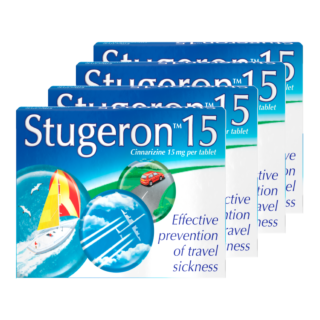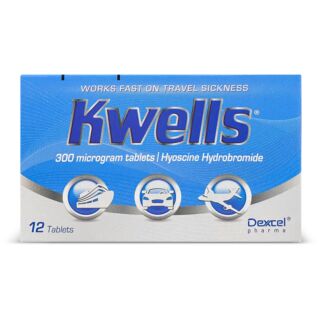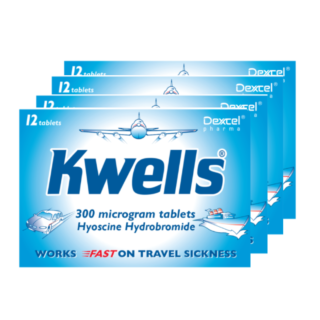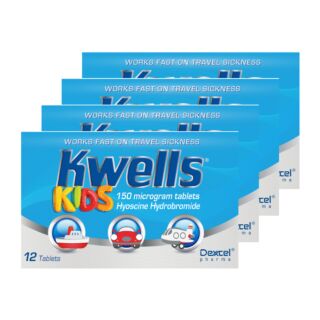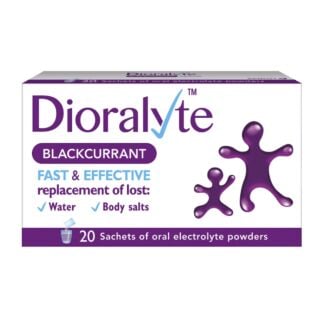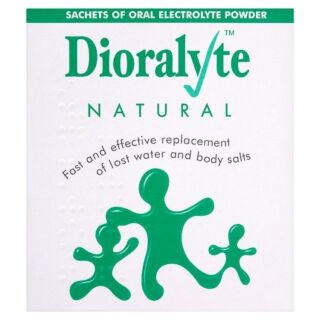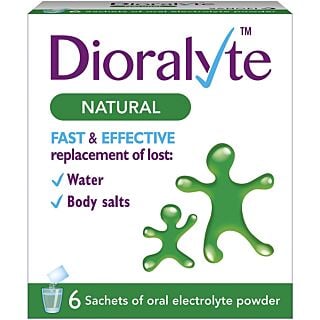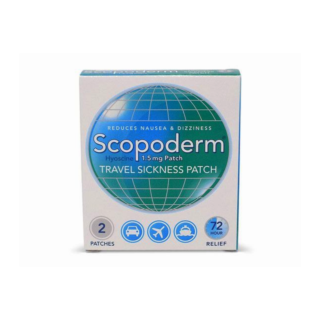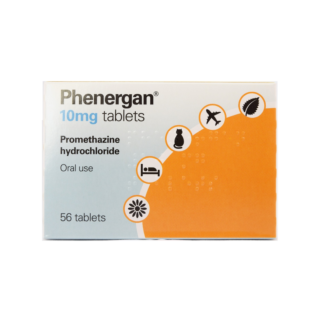Travel Sickness
The words no parent wants to hear while they’re driving: “I feel sick”. … Read More See less
Travel sickness (also known as motion sickness) is an extremely common condition in children (particularly girls) aged two to 12, though it peaks at age nine.1,2 The condition then declines during teenage years and becomes less common in adulthood, with elderly people being the least susceptible to travel sickness.1
While travel sickness isn’t dangerous, having to deal with sickness when travelling can be extremely challenging.3 Naturally then, many people want to know what they can do to prevent travel sickness and treat the symptoms when they occur.
So, here we’re discussing everything there is to know about travel sickness, such as how to prevent it with motion sickness tablets, children’s travel sickness tablets and travel sickness bands.
What is travel sickness?
Travel sickness is a normal response that occurs when your body is stationary, but you are being moved by a vehicle (like a car, boat or aeroplane).3–5 Anyone can develop travel sickness if they’re exposed to enough motion, but some people are very rarely affected while others have to deal with it more often.5
You can also get a kind of motion sickness from playing video games or virtual reality games, or from standing on a moving platform (e.g. on a lake).3,5
What causes travel sickness?
Travel sickness occurs when your eyes are sending signals to your brain to say that you’re not moving, while your balance mechanisms are sending different messages to say that you are.3–5 This is particularly triggered if you’re focusing on something inside the vehicle (such as a book), as your inner ear senses motion, while your eyes and body don’t.2
Travel sickness symptoms
The symptoms of travel sickness can develop slowly or come on suddenly. They include:2–5
- Dizziness
- Feeling or being sick
- Headache
- Feeling cold
- Going pale
- Sweating, particularly a cold sweat
- Tiredness
- Loss of appetite
- Feeling irritable
- Rapid breathing
- Salivating more than usual
The tiredness associated with travel sickness can last for several hours to days afterwards.1
Rarely, travel sickness can cause more severe symptoms, like:1
- Difficulty walking
- An inability to do anything
- Difficulty standing
- Vomiting that does not respond to treatment
How to prevent travel sickness
You can’t always avoid your children getting travel sick, but there are some things you can try that should help:2–5
- Focus your child’s attention on things outside the car, rather than on books, games or screens
- Travel during nap time, so your child can sleep during the journey
- Don't give your child a large meal right before or during car travel. If the trip will be long, offer a small, bland snack (like dry crackers) before it's time to go
- Make sure there is plenty of fresh air or you have air conditioning running through the vehicle
- Distract your children by talking, listening to music or singing songs
- Seat them in the front of a car or in the middle of a boat to minimise motion
- Have regular breaks during long journeys to breathe in some fresh air, get a drink or take a walk
- Try using travel sickness medicines (find out more below)
No matter how you’re travelling, it may also help your child to sit facing forward.3 Here are some seating suggestions for most types of travel:3
- Car –the front passenger seat
- Bus –a window seat
- Boat –the middle of the boat on the upper deck
- Train –a forward-facing window seat
- Cruise ship –a cabin toward the front or middle of the ship, on a lower level, close to the water
- Aeroplane –the wing section
How to treat travel sickness
Once your child feels travel sick, you probably can’t stop it completely, but there are some things you can do to help them feel a bit better:3,4,5
- Get some fresh air, either by rolling your window down or directing air vents towards you
- If you’re reading or looking at your phone or tablet, look outside of the vehicle instead
- If you can, lie back and close your eyes
- Have ginger tablets, biscuits or tea
- Try eating something sweet
- Close your eyes and breathe slowly
What to do if your child is sick
If your child actually vomits, this may help to relieve their symptoms.5 To help them recover from being sick:5
- Place a cool flannel on their forehead
- Get some fresh air on their face
- Don’t give them anything to drink straight away
- After 20 minutes, let them have very small sips of water, ginger ale or coke
- Give them a small amount of a carbohydrate (e.g. Toast) to eat
- Let them sleep, if possible
Travel sickness medications
There are some over the counter and prescription travel sickness tablets for kids and adults that can help to prevent travel sickness:2,3,5–8
- Antihistamines – children over two years old can have cinnarizine (Stugeron). This is a drowsy antihistamine medicine that can help prevent travel sickness by blocking the effects of histamine to the brain and improving blood flow in the inner ear. Give your child cinnarizine about an hour or two before traveling. Be aware it may make your child feel sleepy; some children who take drowsy antihistamines can be irritable as the medicine wears off
- Hyoscine hydrobromide – adults and children over 10 years old can use the travel sickness patches and children over three years old can take hyoscine hydrobromide tablets. Hyoscine works by affecting your inner ear and your brain to control vomiting and relaxing the muscles in the walls of your stomach. The travel sickness tablets start working within 20 to 30 minutes, but the patches take up to six hours to reach their full effect. Side-effects of these travel sickness pills include a dry mouth, drowsiness and blurred vision. They are generally considered the best travel sickness tablets
- Anti-sickness tablets – not every anti-sickness medicine will work for travel sickness, and even those that may be prescribed for motion sickness may not work for your child. Finding one that does work can be a case of trial and error. Anti-sickness medicines that may be prescribed for travel sickness include prochlorperazine, metoclopramide and ondansetron. These are all best taken up to an hour before you travel
Sources
- https://www.ncbi.nlm.nih.gov/books/NBK539706/#article-25279.s12
- https://www.mayoclinic.org/healthy-lifestyle/childrens-health/expert-answers/car-sickness-in-children/faq-20057876
- https://my.clevelandclinic.org/health/diseases/12782-motion-sickness
- https://www.nottsapc.nhs.uk/media/aw5hcauj/travel_sickness_self-care_apc.pdf
- https://patient.info/travel-and-vaccinations/health-advice-for-travel-abroad/motion-travel-sickness
- https://www.nhs.uk/medicines/cinnarizine/about-cinnarizine/
- https://www.nhs.uk/conditions/motion-sickness/
- https://www.nhs.uk/medicines/hyoscine-hydrobromide/about-hyoscine-hydrobromide/

Free delivery when you spend over £39

100% discreet delivery for every item ordered

Fully regulated UK pharmacy
Are there any herbal travel sickness tablets?
There aren’t any herbal travel sickness tablets available, but there are some medication-free remedies which could help to ease your symptoms.
Some people find that acupressure wristbands, like the ones from Seaband or Masterplast, help to ease their travel sickness.
These wristbands put pressure on a specific point on your wrist that is thought to ease nausea, which makes them popular for those who have travel sickness but don’t want to take medication.
Are there any non-drowsy travel sickness tablets?
Most travel sickness tablets can make you feel drowsy, although this can differ from person to person.
If you’re planning on driving and are worried about travel sickness tablets making you feel drowsy, we’d recommend asking someone else to drive if possible or using a remedy that isn’t medicated, such as a travel sickness wristband.
If these options aren’t going to work for you, ask your doctor or pharmacist for advice.
Can children take travel sickness tablets?
If other treatments haven’t worked, you can give your child a travel sickness tablet to make travelling more comfortable.
An over-the-counter drowsy antihistamine like children’s Benadryl or Kwells may be effective at relieving your child’s sickness.
But not all travel sickness medication will be suitable for children, so always speak to a doctor or pharmacist for advice before giving it to your child.
Can I take travel sickness medication on a plane?
If travel sickness makes your plane journeys a nightmare, you might want to bring some travel sickness medication with you, for example, Kwells or Stugeron tablets.
That’s absolutely fine, as travel sickness medications follow the same rules as any other kind of medications, meaning that you’ll be able to bring enough with you to be sure that your flight will be nausea-free.
If you’re still a little worried about taking your travel sickness medication with you, why not try taking a travel sickness acupressure wrist band, such as a Sea-Band, instead?
These can help to combat travel sickness naturally without taking medication, so you won’t need to worry about taking any medicines in your hand luggage.
How do you cure motion sickness?
Although there’s no cure for motion sickness, there are ways to make managing your symptoms a little easier.
There are tablets that you can take for motion sickness, like promethazine hydrochloride, that can help to prevent you from feeling nauseous and vomiting.
There are also other options you can try, like avoiding caffeine and alcohol, and adding a distraction like listening to music (reading or watching a film tend to make symptoms worse).
Wearing a pressure band that applies electrical stimulation to an area may help, but studies are limited.
What causes travel sickness?
Motion or travel sickness occurs when the nervous system receives confusing messages from your senses, like your ear, skin pressure, muscle and joint receptors.
An example of motion sickness is when someone is on a boat or car and their ears sense movement up and down, left and right, but their eyes see a static view, as though they were not moving at all.
Which are the best travel sickness tablets for seasickness or car sickness?
Travel sickness is no different when you’re travelling in a boat, car, aeroplane, or train, so any travel sickness tablet that works for you on one method of transport should work on them all.
With this in mind, the best travel sickness tablets will be the ones which work for you, so we’d advise speaking to your doctor or pharmacist if you’re unsure which to take.

